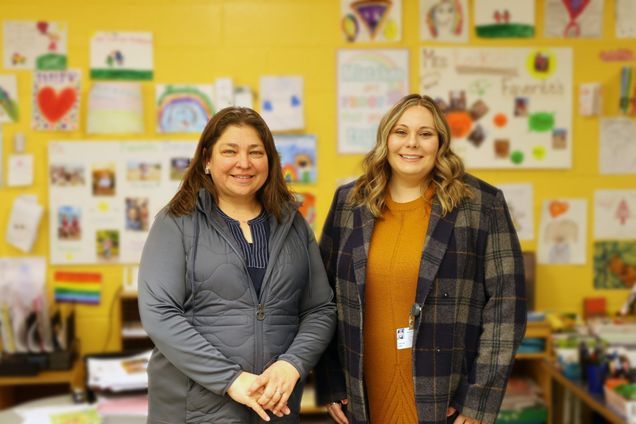Statistics in Action: How MSSP is Helping to Improve Classroom Air Quality in Boston Public Schools

To visit the original article on this study, click here.
Collaboration Makes a Difference
The Master’s in Statistical Practice (MSSP) program at Boston University, under the leadership of Professor Masanao Yajima, is actively engaged in a collaborative effort with the broader BU Environmental Health initiative, spearheaded by Professor Fabian. Together, they are partnering with Boston Public Schools to investigate and improve classroom air quality.
The MSSP program is designed to provide students with hands-on experience in statistical analysis and its practical applications. By collaborating with Professor Fabian and her team, Professor Yajima and his students have the opportunity to apply knowledge of statistical methods to a real-world problem that affects the health and well-being of students and teachers in Boston’s public schools.
Statistics plays a crucial role in this project, as it allows researchers to analyze large datasets and identify patterns and trends that can inform decision-making. For example, statistical models can help identify the factors that have the most significant impact on indoor air quality and suggest ways to optimize ventilation systems to improve air quality.
Real-World Experience
At MSSP, we are thrilled to be a part of this important project and contribute our expertise in statistical analysis. Our students are eager to work on real-world projects like this, which allow them to apply their knowledge and gain valuable experience in a practical setting. We hope to contribute to a healthier and safer learning environment for students and teachers in Boston’s public schools.
We are proud to be part of this initiative and look forward to continuing our collaboration. Our program is committed to providing practical and applicable training in statistics, and we are excited to participate in more real-world projects like this in the future. If you’re interested in learning more about our program and how you can apply statistical analysis to real-world problems, please visit our partners page.